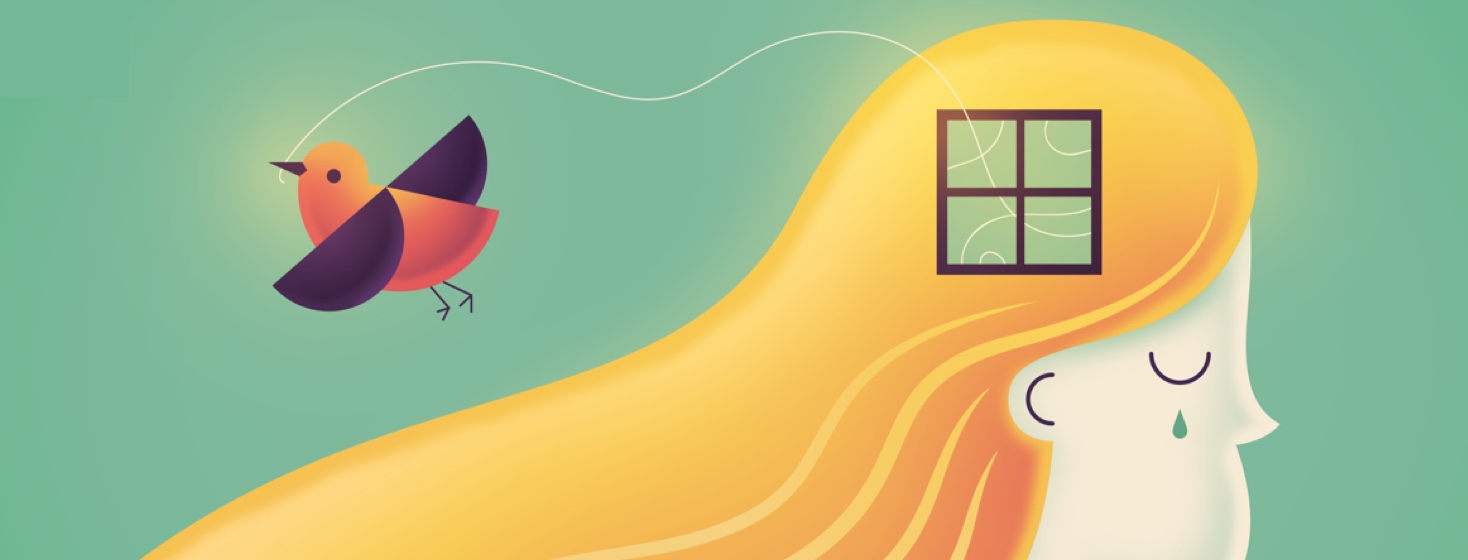Beyond Sleep: Navigating Memory Loss and Aging with Narcolepsy
I not long ago had a poignant conversation with a friend who, like me, suffers from narcolepsy. Our discussion centered around the common yet distressing issue of fatigue and, more critically, the troubling aspect of memory loss. My friend confided that her ability to remember has been progressively worsening, which echoed my own experiences from several years ago.
A sudden decline in my cognitive function
I recall distinctly when I was 35 years old, I experienced a sudden and steep decline in my cognitive functions over just three months. Tasks that I once completed effortlessly began to demand more of my time and mental energy. For example, as an administrative assistant, a job that used to take me half an hour suddenly stretched into an hour or more. What initially seemed like minor delays soon evolved into significant obstacles, profoundly impacting my daily efficiency.
This dramatic change in cognitive function was puzzling and difficult to explain to my peers. None of my friends could seem to grasp the depth of my struggle until I discussed it with someone much older. A septuagenarian explained that they understood exactly what I was going through. They shared that with age, it’s natural for the brain to slow down, making tasks that were once quick and simple take longer. They emphasized that this is a normal part of aging, but for someone young and in the throes of narcolepsy, the experience can feel isolating and unique.
This conversation brought clarity to my situation, linking it to the broader phenomena experienced by those with narcolepsy. Now at 41, six years after first noticing these changes, I am acutely aware of how much my brain has slowed down. Sometimes, I feel as though I am prematurely aged, grappling with a mind that can't keep up with the demands of life. This has led me to adopt several coping mechanisms to manage my condition.
How I learned to cope
To counteract my fading memory, I've transformed my living spaces into hubs of reminders. I painted the door of my kitchen with chalkboard paint, allowing me to scribble down thoughts and tasks the moment they occur to me. I have calendars and alarms set up everywhere, from digital reminders on my phone to multiple physical calendars in my bedroom and kitchen. Each tool serves as a crucial aid in my daily life, helping me to manage my responsibilities and appointments.
Narcolepsy's impact on memory and cognitive function is profound and often misunderstood. It can go beyond the well-known sleep disturbances and infiltrate every aspect of cognitive functioning, from memory to speed of processing information. As I look ahead to future life stages, such as menopause, I anticipate new challenges and possibly further cognitive changes.
Have you experienced similar changes?
I wonder if others in the narcolepsy community have experienced similar issues with memory loss and cognitive decline. Have you found effective strategies to cope with these challenges? How do you manage the emotional and practical aspects of such profound changes?
As we continue to navigate these waters, I think sharing our experiences and strategies becomes ever more critical. It helps not only in fostering understanding and support within our community but also in educating others about the less visible aspects of living with narcolepsy. I think awareness and dialogue are our most powerful tools in managing the complexities of this condition.

Join the conversation